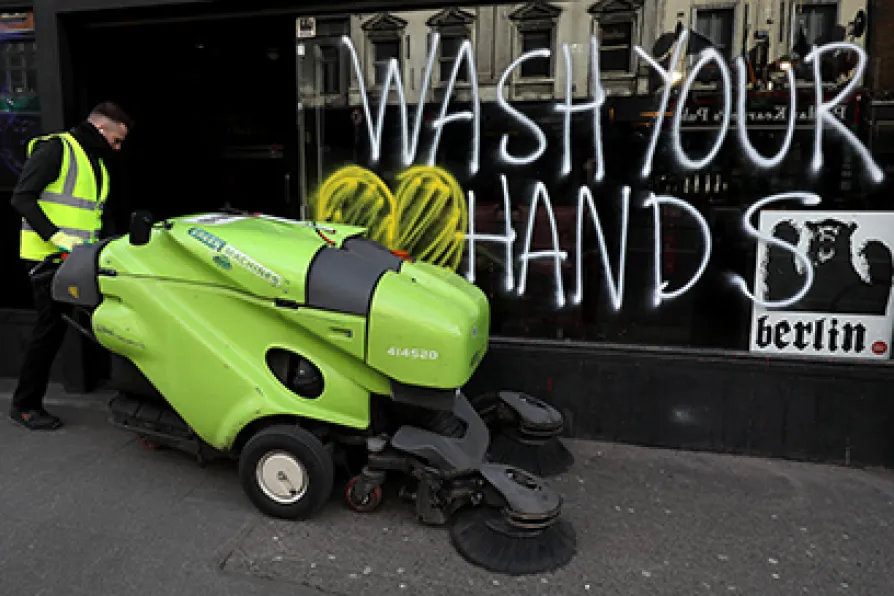The National Education Union general secretary speaks to Ben Chacko on growing calls to protect children from a toxic online culture
Simple Measures Slow the Spread of ALL Germs, not just Covid-19
Dr Adrian Heald


AT THE moment there seems to be a total panic in Britain about Covid-19, commonly referred to as the coronavirus.
While I am not downplaying the danger in any way, I would like to point out that basic hygiene is the first line of defence to stop the spread of any infectious disease.
I am stunned and shocked at the replies I receive regarding thorough and regular hand washing; for a lot of people this seems to be a concept they are not familiar with or consider overrated. It is anything but.
Similar stories

The collapse of the Atlantic Meridional Overturning Circulation poses an existential threat — but do today’s politicians have the capacity to deliver the more resilient and sustainable economics of tomorrow, wonders ALAN SIMPSON

The NHS continues to say Covid spreads primarily through ‘droplet and touch’ while the WHO emphasises airborne transmission, meaning vulnerable patients and healthcare workers face unnecessary risks, reports RUTH HUNT












